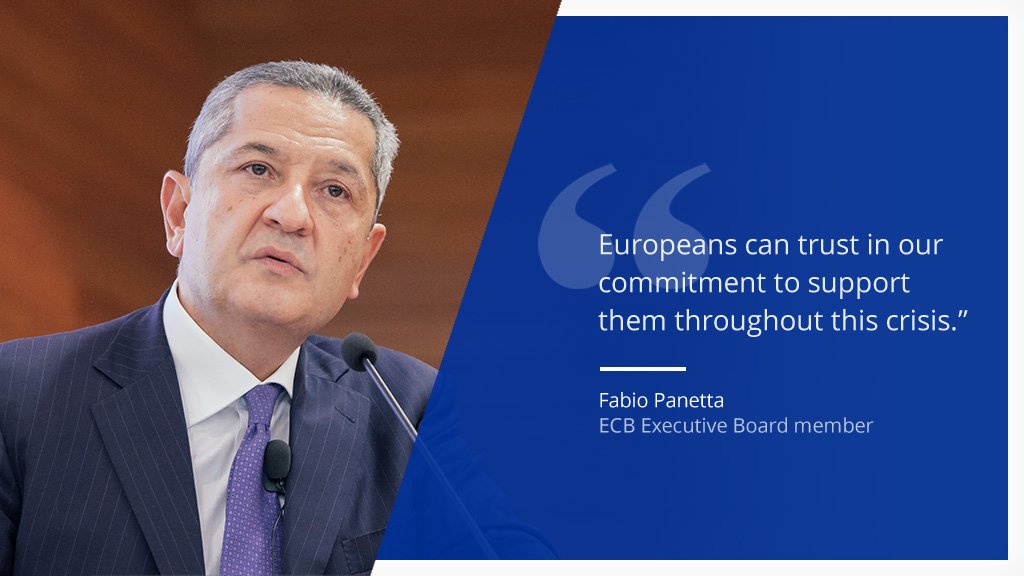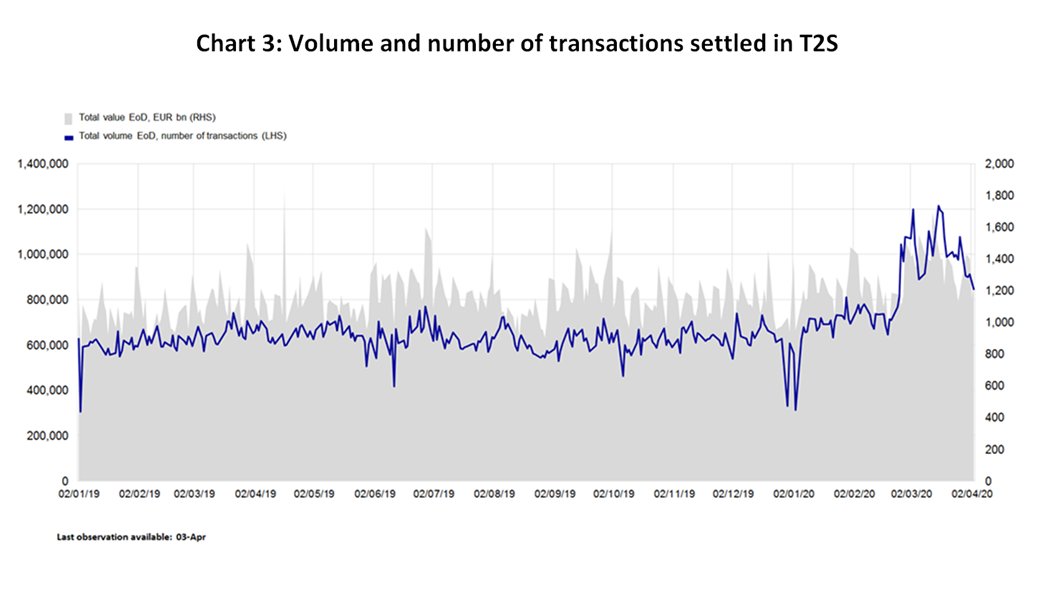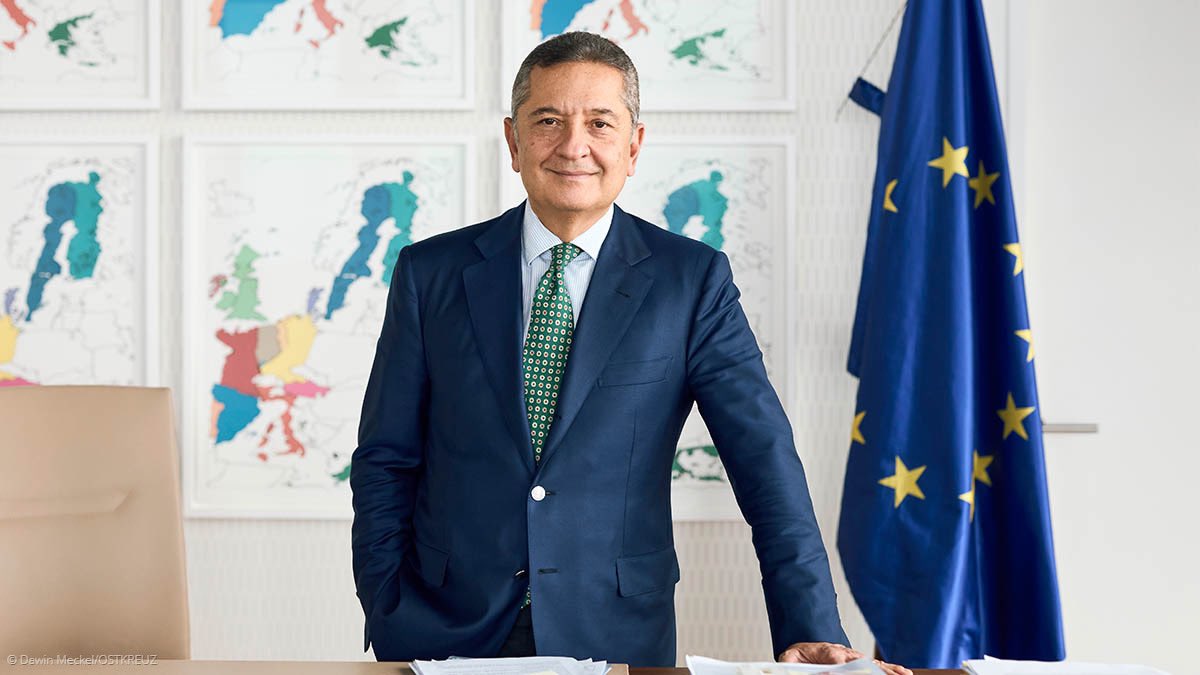Ensuring people and firms can continue to make payments safely is an important part of our mission, writes Executive Board member Fabio Panetta in a blog post. It is vital not only for monetary policy but also for Europeans’ daily lives ecb.europa.eu/press/blog/dat… #TheECBBlog 

Panetta: The crisis has made demand for cash less predictable. In mid-March it spiked, reflecting higher spending ahead of lockdowns and an impulse to hoard cash. In April cash demand decreased as confinement reduced spending opportunities.
Panetta: The ECB and the 19 euro area national central banks are well-prepared to ensure the continued availability of banknotes: we plan the activities related to the cash supply chain well in advance, adapt our processes continually and hold a strategic contingency stock.
Panetta: The coronavirus crisis also reinforces the demand for electronic payments. The Eurosystem has always been at the forefront of efforts to facilitate innovative payment solutions for Europeans, such as instant payments. And we continue our work in these difficult times.
Panetta: We are assessing the case for issuing a “digital euro”. We also aim to foster European market solutions for payments online and in brick-and-mortar shops. And we work to contain cyber risks, together with other European institutions.
Panetta: We provide crucial infrastructures for the European financial system: the TARGET2-Securities (T2S) service has handled smoothly the very high trade volumes in European bonds and shares in the recent market turbulence. Full blog post here ecb.europa.eu/press/blog/dat… 

• • •
Missing some Tweet in this thread? You can try to
force a refresh








